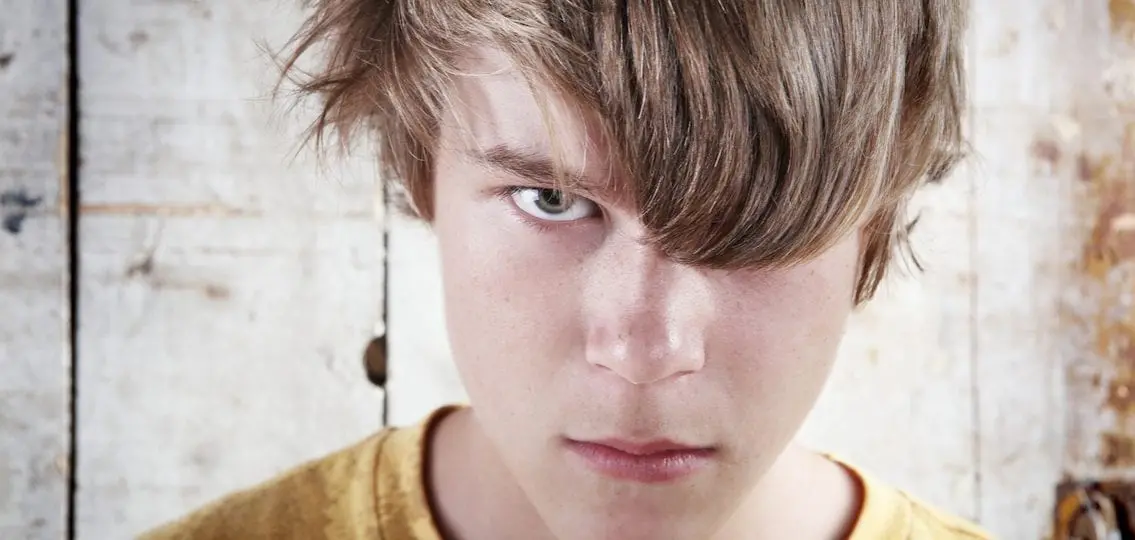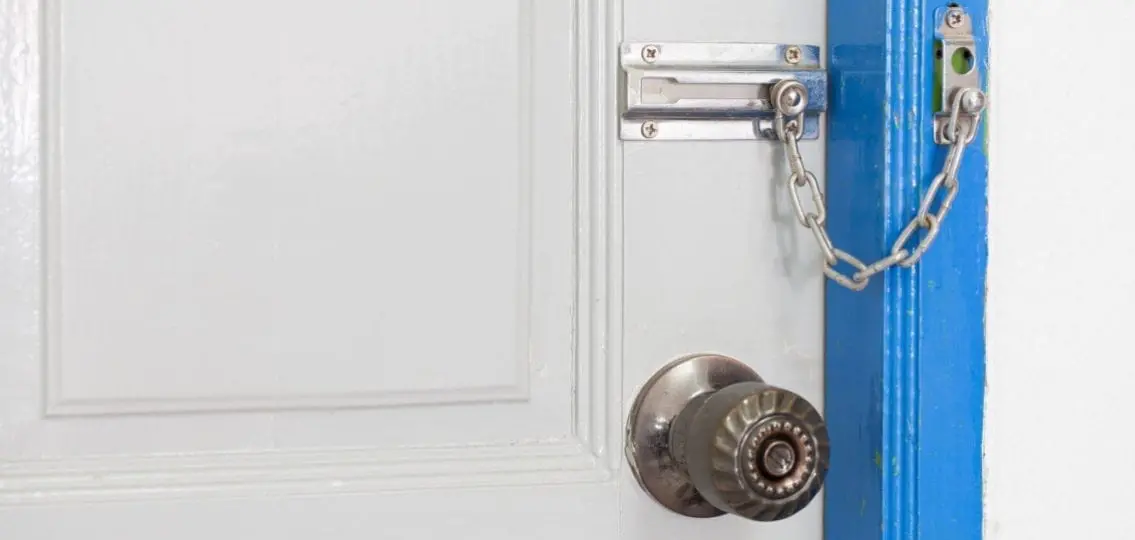Dear Your Teen,
I have been in such agony for three years now. My daughter seemed to change overnight when she turned 13. She wants nothing to do with her dad and me, and now at age 16, it remains the same. I’ve tried to include her in things, ask her opinion, talk to her while driving, and continually tell her and show her how much we love her. She only comes out of her room to eat and shower.

My daughter was always so clingy with me, enjoyed doing things together, and was very affectionate. Now, she doesn’t like hugs, doesn’t want her space invaded, and I just don’t know her anymore. She is a straight-A student, a talented musician and singer, and loves school, but seems to despise her parents.
I’ve taken her to see a psychiatrist but that only made things worse. My daughter hates me! What can I do to get my daughter back?
Expert: Tori Cordiano, Ph.D.
Parenting an adolescent, while exhilarating and rewarding, can also feel lonely and disheartening. You are not alone in the pain of missing your previously warm connection with your daughter, but it can feel isolating to see other close parent-teenager relationships.
Your daughter may still warm toward you as she enters older adolescence. As teenagers become more confident in themselves and their place in the world, many come to appreciate the support of their parents.
While it is typical for teenagers to prefer time alone or with friends, rather than with their parents, you can take steps to prioritize some family time.
You may consider creating some non-negotiable family time during the week, in the form of low-stress, “easy” activities. For instance, you may designate one or more nights each week as “family dinner nights,” when everyone is expected to sit and eat together. You may also consider your daughter’s interests when planning other family activities. If she likes art or science, maybe a trip to a local museum could be enjoyable. Movies are particularly easy joint activities, as they require little conversation but open the door for time spent together.
A family volunteer activity is another option that requires togetherness but with a designated purpose, making the time more structured. Choosing something that interests your daughter signals to her that you are invested in spending time together.
You might also consider a mother-daughter outing with one of your daughter’s friends and her mother. Your daughter may be more open to the idea if she is able to bring a friend along. In addition, she may benefit from seeing positive relationships between her friends and their parents.
You mention that you’ve taken your daughter to see a psychiatrist to address this issue.
Teenagers can feel resentful if they believe they’re being forced into therapy, as if they are expected to “fix” the problem. If communication between you and your daughter does not improve, you may want to give her the option of either family or individual therapy.
Though it sounds like your daughter was resistant to support in the past, you might frame it as necessary to finding better ways of communicating with each other. Family therapy allows for communication between parents and children and considers the whole family system. However, many teenagers cringe at the idea of experiencing therapy with a parent.
Individual therapy would allow your daughter a neutral space to work out her difficulties with the relationship and could incorporate family sessions or parent sessions as needed. You’ll want to find a therapist who specializes in teenagers and their development in order for therapy to feel most helpful for your family.

Lastly, it is important for parents to feel supported in the formidable task of raising adolescents. That support can come from a partner, trusted friends, an in-person or online community of parents raising teens, or a therapist of your own. You owe it to yourself (and your daughter) to find that kind of support during this time.




